When it comes to purchasing a semi truck trailer, understanding the costs involved is crucial for business owners, fleet managers, and independent drivers alike. The price of a semi-trailer can vary dramatically based on several factors, including type, specifications, materials used, manufacturer reputation, and market conditions. In this guide, we delve into these aspects to provide clarity on how much a semi truck trailer typically costs, what influences those costs, and what you need to consider before making a purchase.
Factors Influencing Semi Truck Trailer Prices
1. Type of Trailer: The Foundation of Pricing
Semi truck trailers come in various types, each suited for different transportation needs. The most common types include:
| Trailer Type | Description | Average Cost Range |
|---|---|---|
| Flatbed Trailers | Open trailers without sides or roofs, ideal for heavy, oversized loads. | $20,000 – $45,000 |
| Dry Van Trailers | Enclosed trailers designed to protect cargo from weather conditions. | $25,000 – $60,000 |
| Refrigerated Trailers | Insulated trailers for temperature-sensitive goods. | $30,000 – $70,000 |
| Tank Trailers | Used for transporting liquids or gases, posing special design challenges. | $50,000 – $90,000 |
| Lowboy Trailers | Designed for hauling heavy equipment, with a lower deck for stability. | $30,000 – $60,000 |
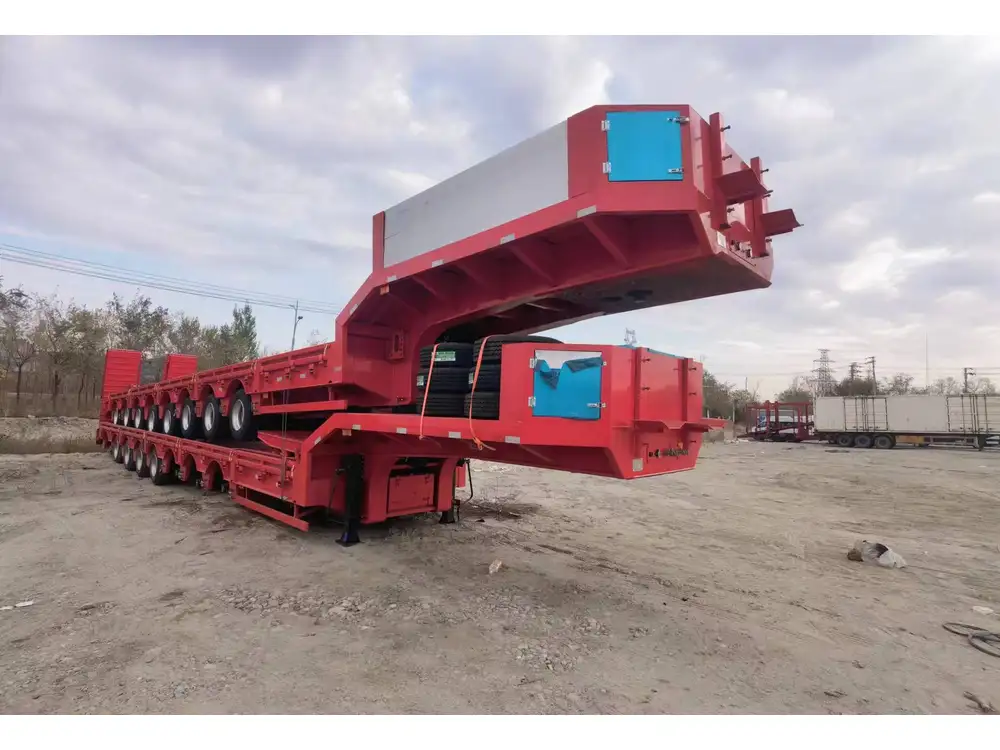
2. Specifications and Customizations
Beyond the type, the specifications play a significant role in determining the cost of a semi-trailer. Factors to consider include:
- Dimensions: Length, width, and height can escalate costs. Custom lengths, for instance, can add significant expenses.
- Weight Capacity: Trailers can be designed to carry lighter or heavier loads; the latter often requires specialized materials.
- Axle Configuration: Trailers with more axles support heavier loads but come with an increased price tag.
- Tire Quality and Type: Higher quality tires designed for specific conditions can substantially influence pricing.
3. Materials: The Strength Behind Your Trailer
The materials used in the construction of semi trailers are pivotal in dictating their price. Common materials include:
- Aluminum: Lightweight and resistant to corrosion, aluminum trailers tend to be more expensive but offer better fuel efficiency.
- Steel: Generally less expensive, steel trailers are durable and suitable for heavy-duty applications but can be heavier.
- Mixed Materials: Combating cost and performance, some manufacturers utilize a combination of steel and aluminum.
4. Manufacturer Reputation and Warranty
High-quality manufacturers, known for excellence and reliability, often command higher prices due to their reputation and the warranties they provide. A robust warranty can save buyers money in the long run by covering repairs and maintenance.
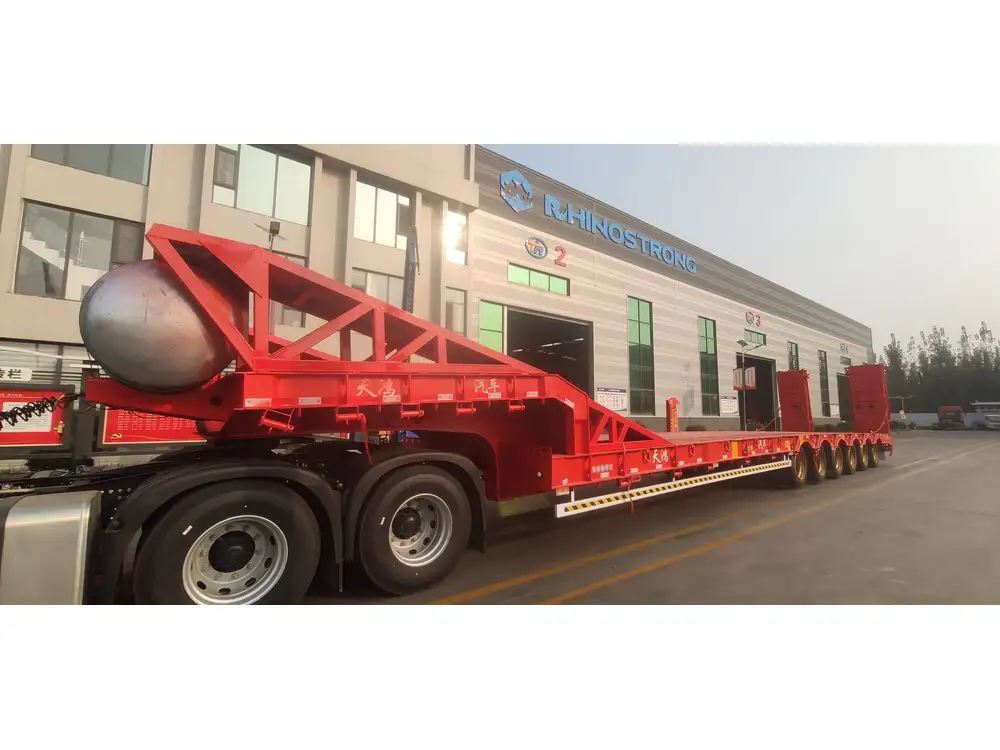
5. Market Demand and Economic Conditions
Seasonal fluctuations and the overall state of the economy affect semi truck trailer prices. During peak demand periods, prices may rise due to a surge in orders, while in downturns, competitive pricing could lead to bargains. Keeping an eye on market trends is vital for making an informed purchase.
Breakdown of Additional Costs
While the price of the semi truck trailer itself is critical, potential buyers must also consider additional costs that impact the total investment.
1. Shipping and Delivery Fees
Shipping costs can vary based on distance and method of transport. Understanding these fees upfront can prevent unexpected expenses.
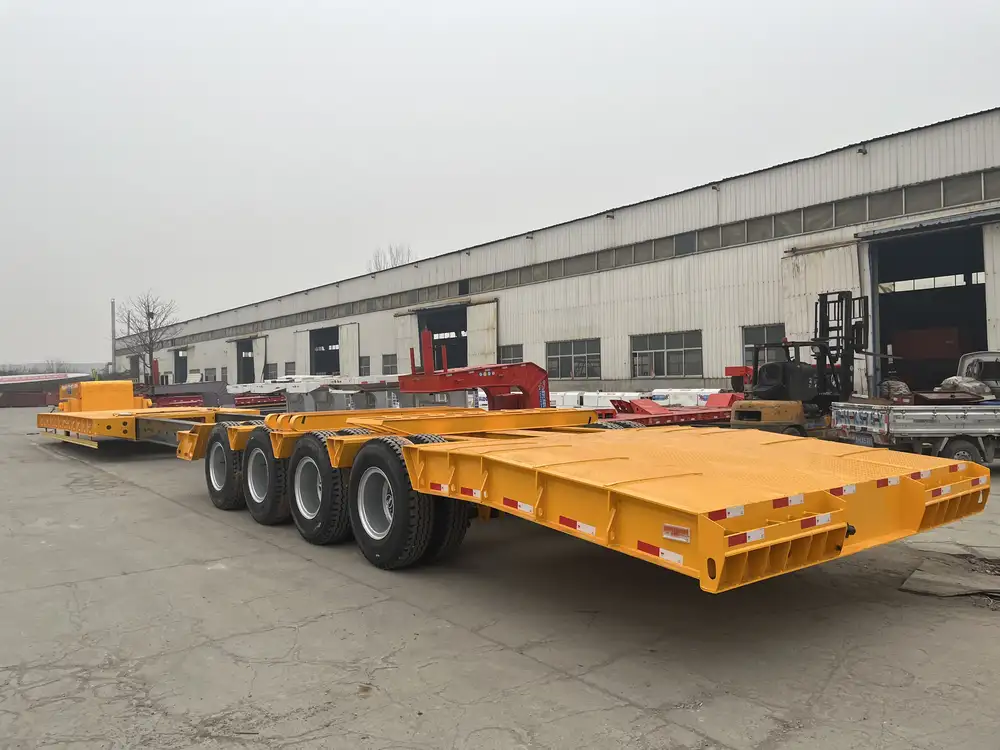
2. Taxes and Licensing Fees
Depending on local regulations, taxes can add a substantial amount to the total purchase price. Furthermore, licensing fees for operating a semi truck must be factored in.
3. Insurance Costs
Insurance is essential for protecting your investment. Prices can vary widely based on the trailer type, usage, and driving history, thus warranting research to find the best rates.
Financing Your Semi Truck Trailer: Options Available
Investing in a semi truck trailer often requires financing. Here are several options available for potential buyers:

1. Traditional Loans
Most dealerships and financial institutions offer loans specifically for commercial vehicle purchases. It’s advisable to compare interest rates, loan terms, and requirements.
2. Leasing Options
Leasing can be a viable option for businesses that wish to maintain cash flow. Monthly payments are often lower than loan payments, but it’s essential to analyze the long-term costs and terms before committing.
3. Government Financing Programs
Depending on the region, government grants or financing programs may be available, particularly for newer businesses or those implementing environmentally friendly technologies.
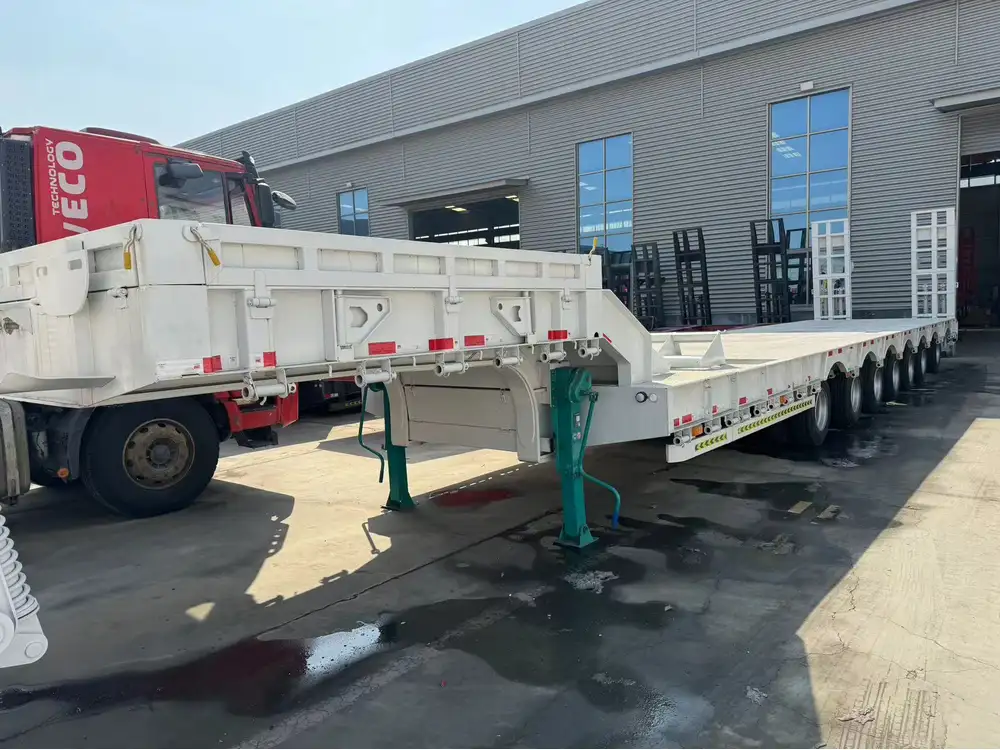
4. Alternative Financing Solutions
Companies specializing in commercial vehicle financing may offer tailored solutions, including no-down payment options or flexible payment terms that suit the unique needs of potential buyers.
Choosing the Right Semi Truck Trailer for Your Needs
Deciding on the best semi truck trailer is an intricate process that necessitates a thorough evaluation of your business’s specific requirements. Consider the following questions during your decision-making process:
What kind of loads will I be transporting?
- Assess whether your loads require a standard dry van, a specialized refrigerated unit, or another type suited for specific cargo types.
How frequently will the trailer be used?
- Higher-use trailers generally need to be more durable, potentially leading to a higher initial investment but lower long-term costs.
What is my budget?
- Establishing a clear budget helps narrow down options and ensures that you don’t overspend or underspend.
Are there future growth considerations?
- With potential expansion on the horizon, purchasing a slightly larger or different type of trailer may be beneficial.
The Importance of Maintenance and Longevity
After acquiring your semi truck trailer, maintenance plays an essential role in ensuring that your investment holds its value and operates efficiently. Regular inspections, appropriate cleaning, and attention to structural issues can significantly extend the life of your trailer.
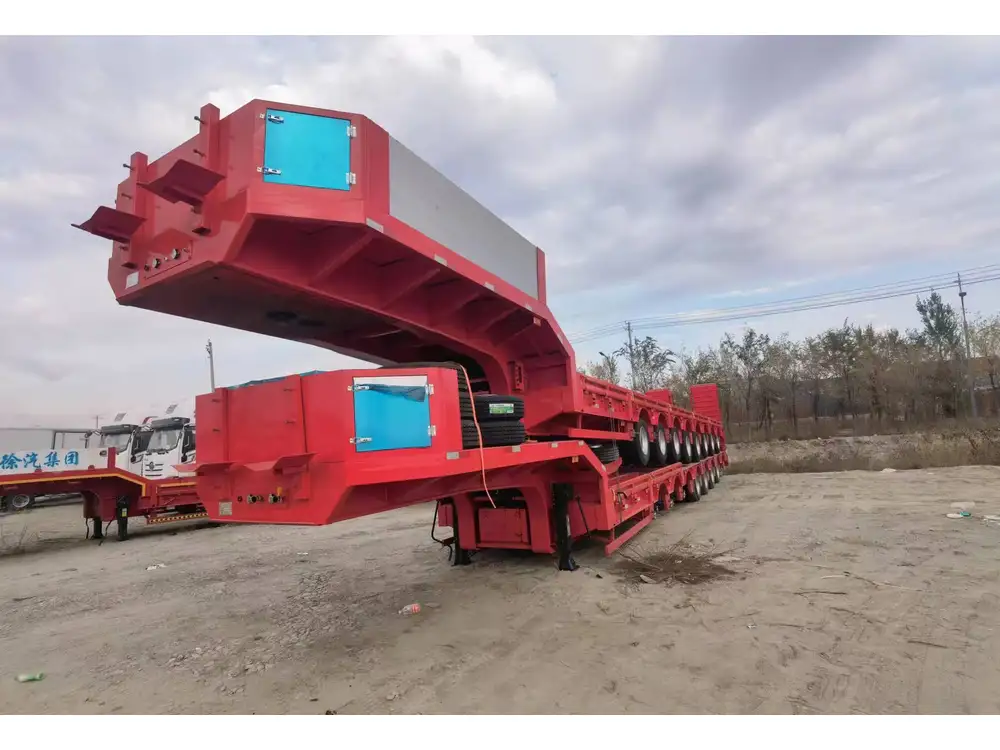
Recommended Maintenance Practices
- Routine Inspections: Establish a regular inspection schedule to catch minor issues before they escalate.
- Regular Cleaning: Keep your trailer clean, both inside and out, to avoid corrosion and maintain aesthetics.
- Tire Rotations and Replacement: Monitor tire wear and ensure proper inflation, as they are a critical investment component.
- Lubrication of Moving Parts: Periodically lubricate axles, brakes, and any moving components to avoid rust and ensure smooth operation.
Conclusion: Making an Informed Decision on Semi Truck Trailer Investment
Investing in a semi truck trailer is a significant decision that requires careful consideration of multiple factors, including costs, types, specifications, and market conditions. By understanding the various aspects outlined in this guide, you can approach your purchase with confidence, ensuring that you select the right trailer to optimize your business operations.
Invest wisely; a well-chosen semi truck trailer will not only fulfill your transportation needs but also offer longevity and reliability, providing a sound return on investment over time. As the trucking industry evolves, staying informed about market conditions and technological advancements will further empower your decision-making process and enhance your operational efficiency.



